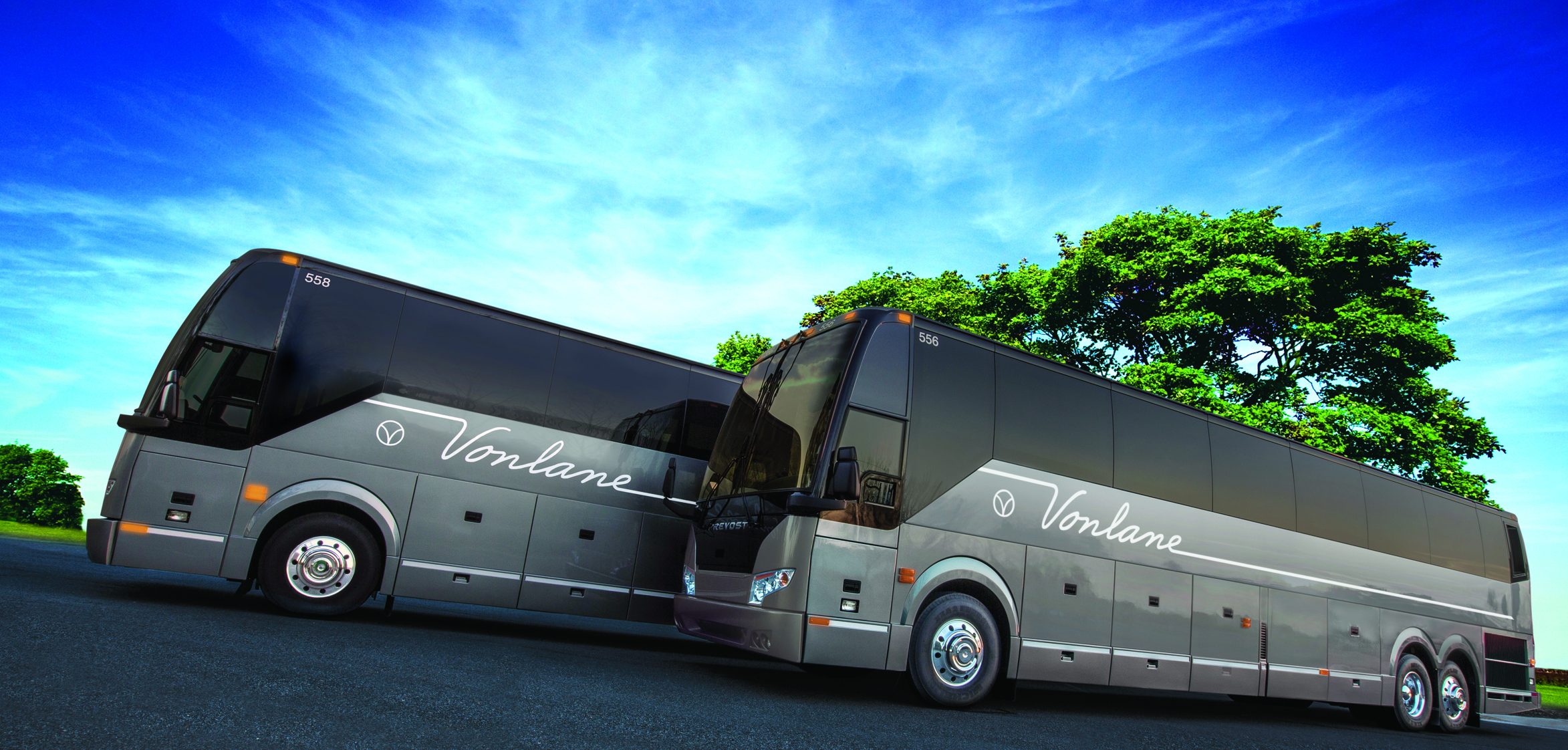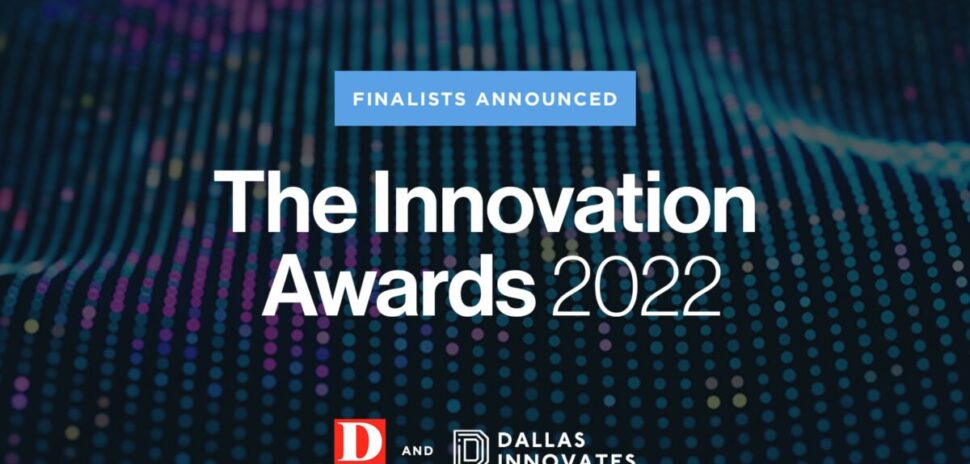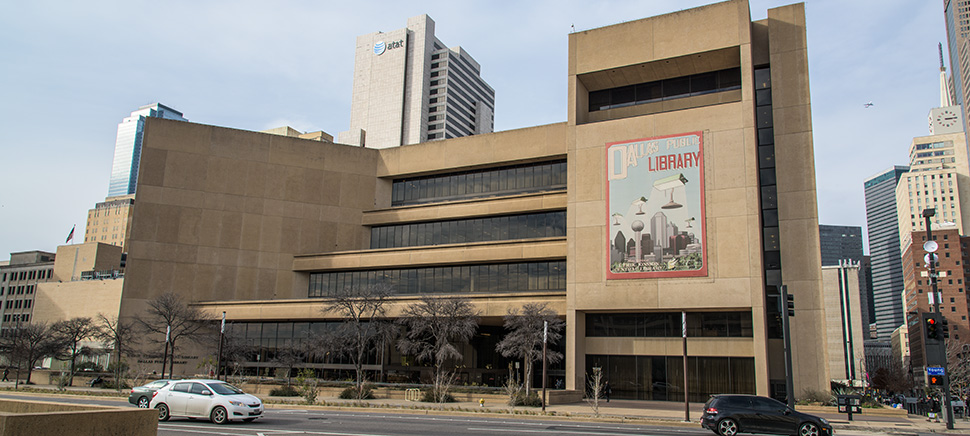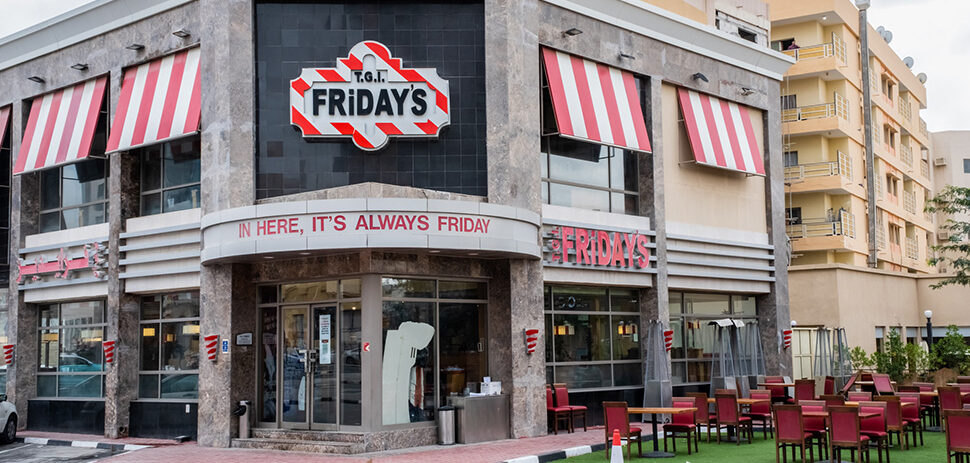It’s said there’s power in numbers and as North Texas looks to accelerate the growth and success of its innovation economy it’s going to take a communitywide effort, according to a study released Thursday.
Startups, corporations, investors, universities, government, social impact groups, and creatives all play a part and must unite to help the region become a place known for innovation, according to the report.
The Dallas Regional Chamber, Southern Methodist University, United Way of Metropolitan Dallas, and Accenture have been working together to research the state of innovation in Dallas-Fort Worth. The monthslong effort has included an analysis of DFW’s economy as well as focus groups and interviews with a cross-section of area leaders from startups and corporations to academia and the social sector. They also looked at other cities, both nationally and internationally, for models of successful practices.
“It’s really about boosting the economy, continuing to attract wealth, and to create jobs.”
Lisa Marais
Lisa Marais, managing director for Accenture, said their hopeful outcome for the region is three-fold.
“It’s really about boosting the economy, continuing to attract wealth, and to create jobs,” said Marais, who is project lead for the DFW Regional Innovation Study.
The report is packed with troves of data on the area as well as recommendations for actions categorized in five themes — brand, talent, collisions, resources, and impact.
DRC’s Senior Vice President of Research and Innovation Duane Dankesreiter called it a “guidebook for a path forward.”
“We know we have strong growth here, we know we have lots of things happening, but we know we also can’t rest on our laurels and that’s part of why we worked together on this project to do the things that foster a culture of innovation,” Dankesreiter said.
DFW’S ECONOMY IS THRIVING, BUT THERE’S STILL GROWTH POTENTIAL
Officials touted the region’s diverse industries and the fact that it’s home to 22 Fortune 500 companies, dozens of universities, and residents who’ve given millions to charitable organizations.
“We’re seeing more and more donors who are helping us upend the traditional philanthropic model and what I mean by that is we’re taking more risks. We are reinventing in ways that are incredibly entrepreneurial and innovative,” said Jennifer Sampson, CEO of the United Way of Metropolitan Dallas, which has an accelerator program for social innovators.
The entrepreneurial community is showing signs of growth, too. There’s been a rise in coworking spaces, accelerators, and incubators. Plus, 24 corporate innovation centers have sprouted up throughout the area.
But, there’s room for improvement especially when it comes to early-stage venture funding, the density of talent and startups (22,000 STEAM jobs go unfilled year over year), corporate-entrepreneurial relationships, and educating the workforce of tomorrow.
“In my experience, financial capital follows human capital,” said Steven Currall, provost and vice president for academic affairs at SMU.
“In my experience, financial capital follows human capital.”
Steven Currall
Attracting proven serial entrepreneurs to the region could help build confidence for investors who may be hesitant about giving funds to early-stage ventures, Marais said.
She said, education on how to give effective pitches and ways to interact with investors, would be beneficial for local entrepreneurs.
To garner more venture capital interest in the region, the study also recommends creating an initial $100 million fund of funds, establishing a startup office to “drive innovation agenda,” and set up a small business investment company that can leverage SBA federal funding for early-stage startups.
Luring more quality professors and researchers to area universities would help drive talent here, too, Marais said.
“We find that our digital talent follows professors. We heard that time and time again,” she said.
TELLING THE INNOVATION STORY
DFW’s image could use a touch up as well. The report called its perception in the innovation community “antiquated.”
“Innovation is part of our DNA and who we are as a people,” said Marais noting local inventions such as the ATM and Texas Instruments’ microchip and industry pioneers like AT&T and Southwest Airlines which are headquartered here.
Yet, the region doesn’t always get the credit for being innovative, she said.
“A lot of people, when you say DFW they just think of the airport,” she said.
“Creating that drum beat of promotion and awareness of what’s here is really important.”
Duane Dankesreiter
Dankesreiter said many of those who gave input for the study agreed that DFW’s innovation story isn’t being told enough.
“So, creating that drum beat of promotion and awareness of what’s here is really important,” he said.
He said the region should embrace its diversity, sprawl, and multiple innovation hubs that make it unique from medical innovation happening on Fort Worth’s southside and the smart cities pilot in the West End of Dallas to budding entrepreneurs at local universities, accelerators, incubators, and coworking spaces throughout North Texas.
“You have that ecosystem in place. We haven’t spent that time talking about those districts of influence and getting companies to come into those areas and to collaborate that way,” he said.
Establishing a regional coalition will be one of next steps for the initiative. Getting a variety of stakeholders together and seeing who wants to take the lead where will be helpful in putting the strategies and recommendations outlined in the DFW Regional Innovation Study into place, Dankesreiter said.
ACTIONABLE ITEMS NEEDED FOR GROWING DFW’S INNOVATION ECOSYSTEM
The DFW Regional Innovation Study gleaned 40 potential actions that could improve the ecosystem based on focus groups and interviews with stakeholders. Those dozens of suggestions were narrowed down to 10 the study deemed as “prioritized opportunities.” Here they are:
- DFW’s image to innovation community is antiquated
- DFW needs focus — critical mass in specific areas
- Scarcity of future forward talent and only one of the few large cities to not have an Association of American Universities member university
- A rallying cry for entrepreneurs to boost the startup economy
- Improve K-12 STEAM performance
- Talent and startup density is low due to the geographic footprint
- Local capital isn’t venture-experienced, and startups are not skilled in requesting funds
- Low density of operationalized tech talent
- City government could do more to embrace innovation and are deemed conservative
- DFW needs to capitalize on its growing interest and support of social philanthropic initiatives
BY THE NUMBERS
4th
Largest metro area in the U.S. with a population of more than 7 million based on 2017 Census numbers
8
Nationally ranked universities
22
Fortune 500 companies
40
Incubators and accelerators
64
Coworking spaces
15,000
New STEAM jobs added each year
39
Millions of dollars donated by DFW residents during North Texas Giving Day in 2017
READ NEXT
4 Ways Community Leaders Say We Can Better Prepare the STEM Workforce of Tomorrow
4 Ways Community Leaders Say We Can Better Prepare the STEM Workforce of Tomorrow
Get on the list.
Dallas Innovates, every day.
Sign up here to get what’s new and next in Dallas-Fort Worth.





































































